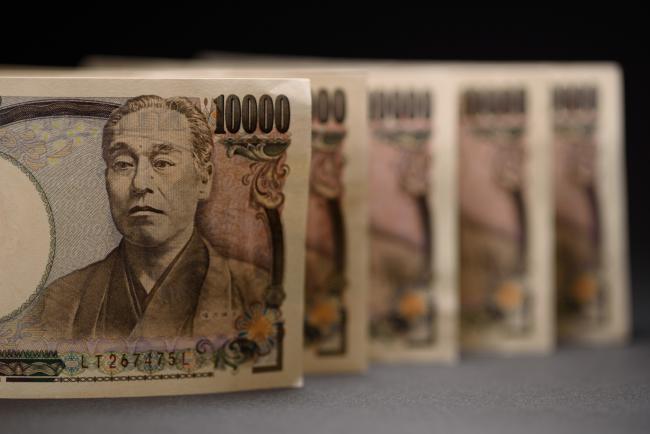(Bloomberg) -- It’s time to start loading up on “cheap” yen.
Using options to bet on gains for Japan’s currency is a smart wager for 2019, according to Societe Generale (PA:SOGN). The dollar rose to about 114 yen Thursday in New York, its strongest since early October, extending its advance after the Federal Reserve left rates unchanged and stayed on course to hike next month. The dollar set a 2018 high of about 114.50 yen on Oct. 4, which the bank cited as an area of technical resistance.
“On top of being a good entry point to buy yen, we think investors should consider rising risks of a sharp yen bounce in the medium term,” Olivier Korber, a currency derivatives strategist at SocGen, said in a research note Thursday.
The call for a yen rally dovetails with the firm’s assessment, laid out in a separate research piece Thursday, that the dollar is “overvalued.” Although SocGen said it’s wary of selling the greenback too soon because the U.S. economy is “still running hot,” the job market remains robust and the Fed is unlikely to signal a pause just yet, it sees a shift next year.
The result of the U.S. midterm elections, which produced a divided Congress, “supports the idea that the best quarter for economic growth in the current cycle will prove to be Q3 2018, and it’s all downhill from here,” Kit Juckes, a global fixed-income strategist at SocGen, wrote separately Thursday. “That suggests rates may peak next summer, at the same time as other, lagging central banks in Europe start raising rates.”
To wager on a stronger yen, Korber recommends buying an option structure known as an “appearing put spread,” expiring in a year. The structure includes the simultaneous purchase and sale of put options with different strike prices. One option has a feature that bets the yen won’t move below 100 per dollar over the lifetime of the structure.
Yen bulls will be looking for a pause in U.S. rate hikes by the Fed, expectations of Bank of Japan tightening or more risk aversion, he said.
“The potential for higher U.S. rates appears minimal compared with super low Japanese rates,” Korber wrote.
